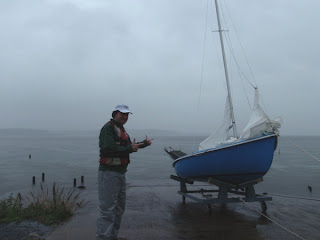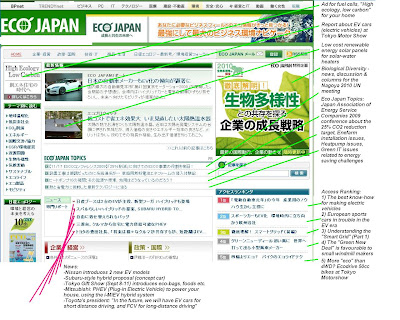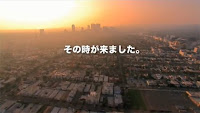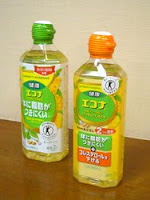Surprising Kanji Lesson: Hotoke, Butsu (Buddha)

The Japanese kanji for Buddha is a simple 仏 (hotoke) - a simplified version of the Chinese 佛, which is also common here. How did this character appear? I was reading an essay on Sacred Texts , a great website, when I found one explanation that I had never heard before. The essay is The Creed of Half Japan , by British Reverend Arthur Lloyd, who spent more than a quarter century as a lecturer at the Naval Academy in Tokyo. This particular book was published in London in 1911. He notes that Nestorian Christians had made inroads in China some 1500 years ago. Did they influence the Chinese Buddhists? Rev. Lloyd clearly thinks so. The Nestorians brought ideas about Jesus and his teachings to the East, and there are records of at least two Nestorians reaching Nara in the 8th Century, all the way from Persia, Syria (or Turkey). Around exactly that time, Rev. Lloyd notes, Japan started caring for the sick in a new fashion, and there are other examples of how Christian ideas may have influence...










